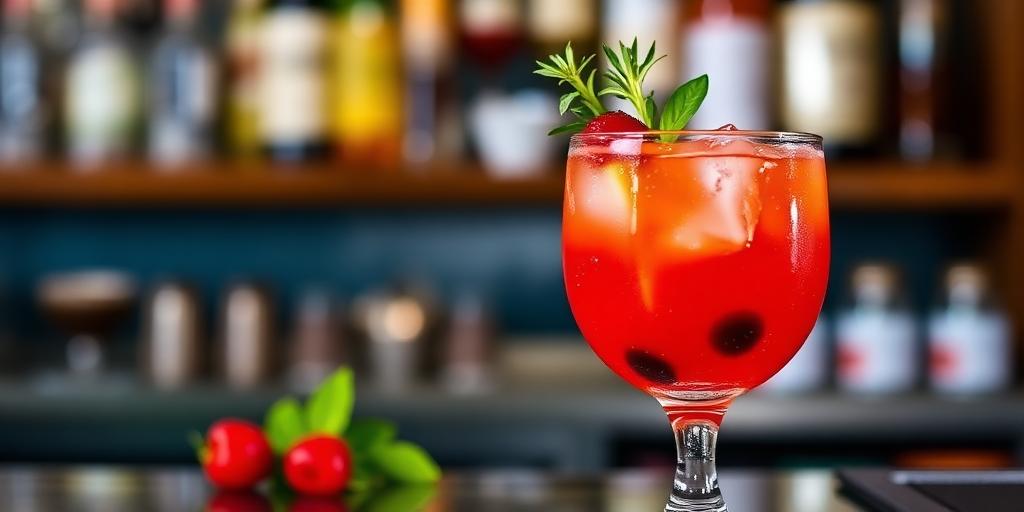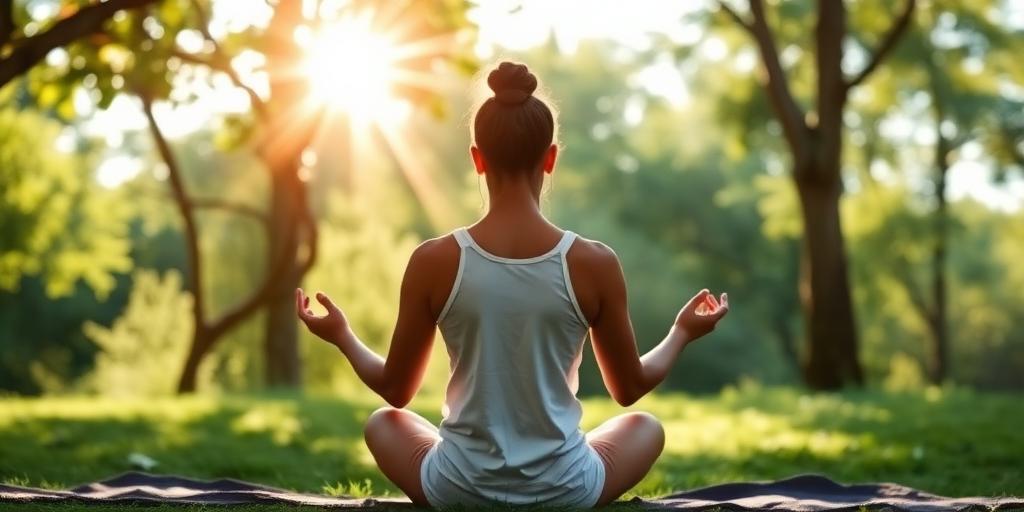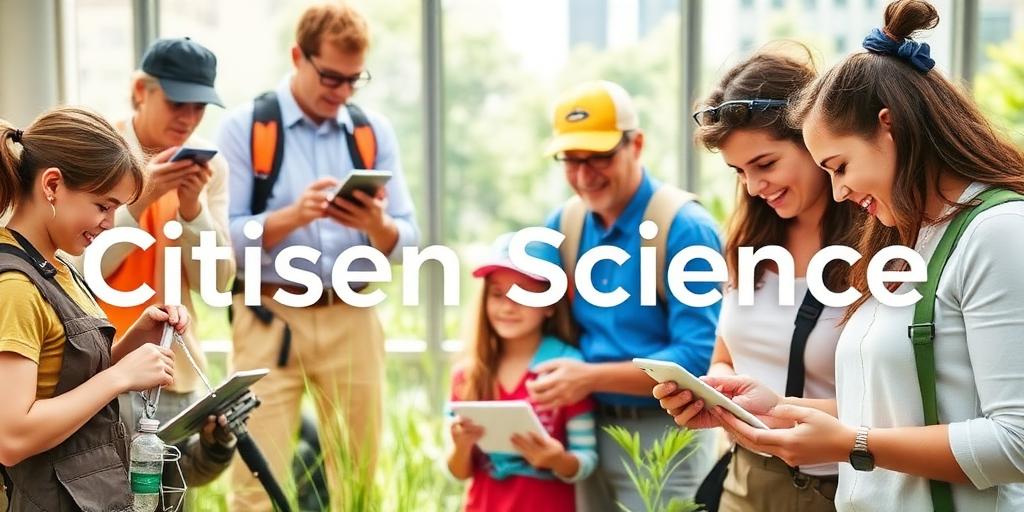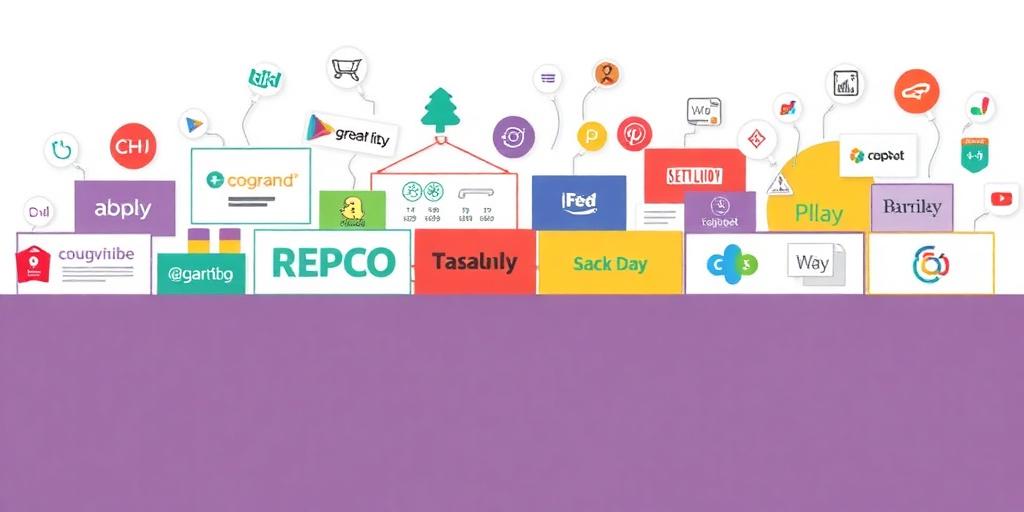The Rise of Mocktails and Sophisticated Non-Alcoholic Drink Options
The world of beverages is changing. Once dominated by alcoholic offerings, a new landscape is emerging, one where sophisticated non-alcoholic drinks – most notably mocktails – are taking center stage. This isn't just a passing trend; it's a reflection of evolving consumer preferences, a growing awareness of health and wellness, and a demand for inclusivity in social settings.
What's Driving the Mocktail Movement?
Several factors are contributing to the popularity of mocktails and non-alcoholic alternatives:
- Health Consciousness: More people are mindful of their alcohol consumption, seeking healthier lifestyles and reduced caloric intake. Mocktails offer a flavorful alternative without the negative effects of alcohol.
- Inclusivity: Social events often revolve around drinking, which can be alienating for non-drinkers. Mocktails provide an option that allows everyone to participate and feel included.
- Sophistication: Gone are the days of sugary, syrupy Shirley Temples being the only non-alcoholic choice. Today's mocktails are crafted with the same care and creativity as their alcoholic counterparts, using fresh ingredients, artisanal mixers, and innovative techniques.
- Variety and Innovation: The explosion of flavors and ingredients available to bartenders and mixologists has opened up a world of possibilities for non-alcoholic creations. From complex herbal infusions to exotic fruit blends, the options are virtually limitless.
The Evolution of Non-Alcoholic Options
Non-alcoholic drinks have come a long way. Initially, the selection was limited to basic sodas, juices, and the aforementioned overly sweet concoctions. Now, the market boasts a wide array of sophisticated alternatives, including:
- Non-Alcoholic Spirits: Brands are producing non-alcoholic versions of gin, whiskey, rum, and other spirits, capturing the essence of the original without the alcohol content. These can be used as a base for complex and nuanced mocktails.
- Sparkling Beverages: High-end sparkling juices, flavored seltzers, and non-alcoholic wines offer a celebratory feel without the alcohol.
- Craft Mixers: A plethora of artisanal mixers, such as tonics, bitters, and syrups, are available to elevate the mocktail experience.
Mocktails in the Mainstream
The rise of mocktails is evident in restaurants, bars, and even at-home entertaining. Bartenders are increasingly incorporating mocktails into their menus, dedicating sections to non-alcoholic creations and training staff to craft them with the same attention to detail as alcoholic cocktails. At-home bartenders are also experimenting with ingredients and recipes, sharing their creations on social media and inspiring others to explore the world of mocktails.
Health Benefits and Considerations
Mocktails offer several potential health benefits compared to alcoholic drinks:
- Lower Calorie Content: Mocktails generally contain fewer calories than alcoholic cocktails, which can be beneficial for weight management.
- Reduced Risk of Health Problems: Avoiding alcohol reduces the risk of liver damage, heart disease, and other health issues associated with excessive alcohol consumption.
- Improved Hydration: Many mocktails are made with hydrating ingredients like water, juice, and herbal infusions.
However, it's important to be mindful of the ingredients used in mocktails. Some may contain high levels of sugar or artificial sweeteners, which can have negative health effects. Opt for mocktails made with fresh, natural ingredients and be mindful of portion sizes.
The Future of Mocktails
The mocktail movement is here to stay. As consumer preferences continue to shift towards health and inclusivity, the demand for sophisticated non-alcoholic options will only grow. Expect to see further innovation in non-alcoholic spirits, mixers, and recipes, as well as increased availability of mocktails in restaurants, bars, and retail settings. Cheers to a more inclusive and flavorful future for all!









